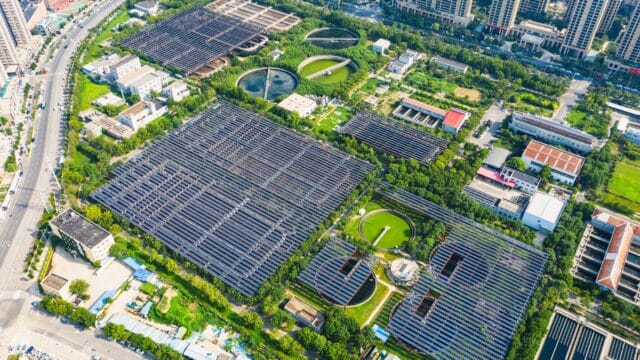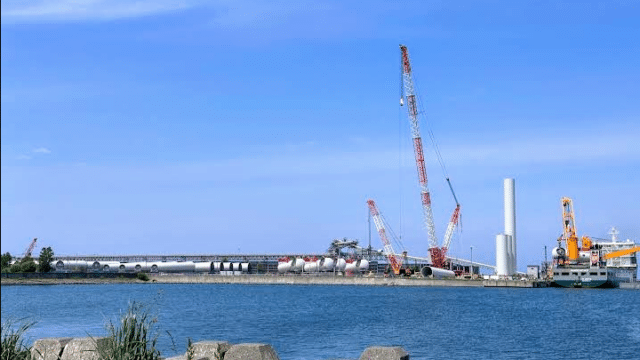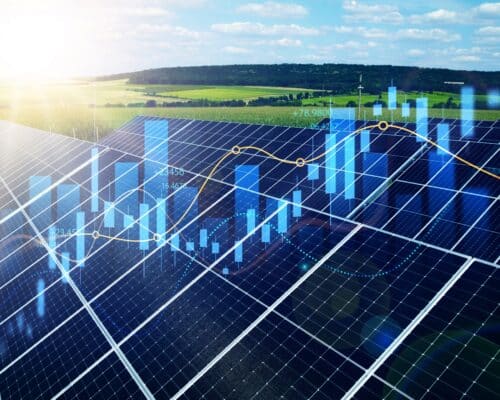Articles
COP28 Financing Highlights: Will Asia Receive Much-needed Support?
COP28 became the stage of ambitious financial pledges from governments, the private sector, MDBs and philanthropic organisations. However, experts warn that the promised financing still falls short of the actual needs and that its distribution might be too slow and ineffective.

How To Prepare for Climate Change: A Strategic Approach
Climate change already impacts the world, and its effects will become more severe. Global climate action will address the severity of the impacts, while local adaptation strategies will ensure that individuals are ready to deal with the effects.

Op-Ed: Analysis of the Vietnam JETP Resource Mobilisation Plan
Vietnam’s Just Energy Partnership Resource Mobilisation Plan (JETP-RMP) was completed and presented at COP28. However, coal continues to play a significant role in the country's energy mix in the RMP despite its aim to reduce emissions.

Japanese Automakers’ EV Plans Under the Spotlight
Toyota Chairman Akio Toyoda has used a dip in global EV sales to justify his anti-EV stance. However, there's more behind the scenes. The legendary car maker has fallen behind its global EV rivals and is challenged by environmental groups for negatively influencing Paris-aligned climate policy.
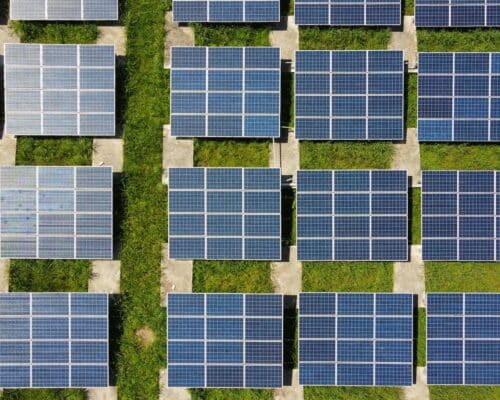
COP28 Targets Tripling Global Renewable Energy Capacity
COP28 is underway, and the target to triple renewable energy capacity by 2030 is the main headline. For the plans not to end up as another empty promise, global leaders should work to establish the needed regulations, investments, mechanisms for equal distribution and adequate progress monitoring processes.
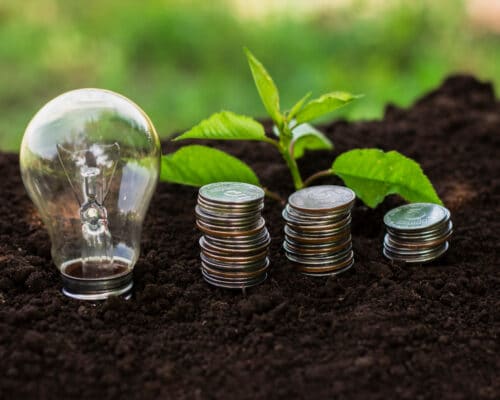
Clean Coal vs Renewables: Economic Costs and Gains For Southeast Asia
Despite the subsidies and industry support, Japan’s proposed technologies are struggling to prove promising even at home. Yet, it aims to export them to countries with much more fragile economies and significant challenges. Crunching the numbers reveals that Southeast Asia has a lot to gain if its pursues renewables instead.
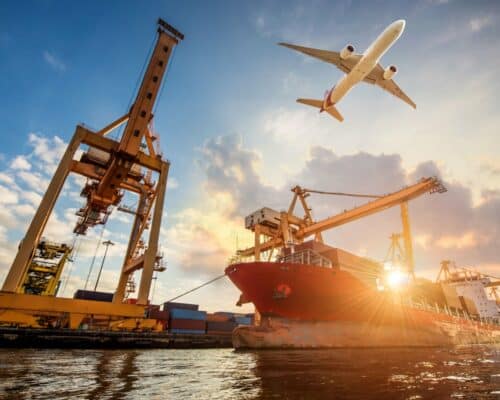
Trade Day at COP28: Climate Action with a Business Mindset
Trade plays an integral role in global decarbonisation. COP28 is the first COP to make trade a focal point of the conference, with a day focused on its discussion. The public and private sectors had several high-level discussions and made critical initial commitments.
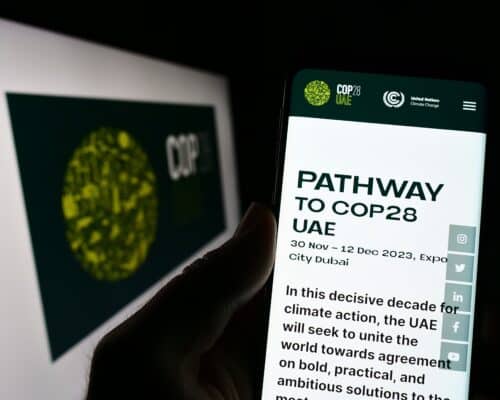
COP28 Climate Finance Day Nets USD 12.5 Billion in Pledges
Day five of the COP28 summit in Dubai started shaky, as reports broke over summit president Sultan Al Jaber’s earlier anti-fossil fuel phaseout comments. However, by the end of the day, significant progress had been made regarding climate change funding, setting the pace with at least 40 different financial pledges.
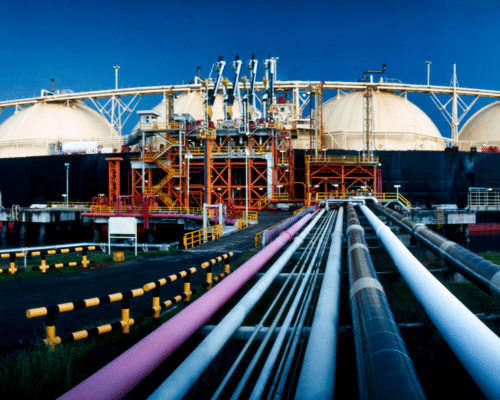
Is LNG Clean Energy?
LNG primarily consists of methane, a much more potent greenhouse gas than carbon dioxide. As a result, natural gas does have negative environmental impacts. However, it produces fewer greenhouse gases than coal and oil. This makes it a viable transition fuel, yet it will require strict financial and policy oversight to remain only a short-term fuel source.

Op-Ed: Southeast Asia at a Climate Crossroads – Will 1.5°C Be the Road Not Taken?
Southeast Asia (SEA) is a region at a crossroads. The challenge of reshaping Southeast Asia’s power is at hand. It can be won by communities, civil society, and all within and without Southeast Asia rallying behind the fight for 1.5°C at COP 28 and beyond.

Op-Ed: Gulf Coast Communities Speak Out Against Japanese-backed LNG Development
The Japanese government announced plans with South Korea to develop a joint ammonia/hydrogen supply network supported by public finance. Co-firing of ammonia at coal power plants and hydrogen at gas plants would prolong the use of fossil fuels and delay the transition to renewable energy in Asia, and communities bear the brunt of the suffering.
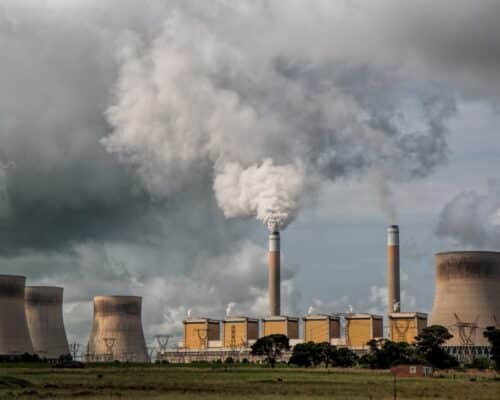
Why Does Japan Rely on Fossil Fuels?
Japan is often overlooked in the conversation about the biggest climate offenders. However, in their current form, Japan’s plans for “clean coal” and hydrogen pose a major risk, extending the life of fossil fuels.
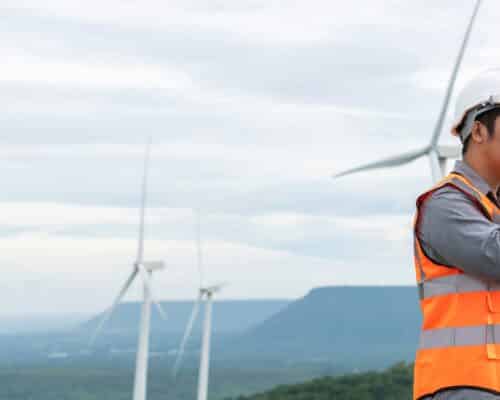
Op-Ed: Implementing Indonesia’s JETP Plan Requires Prioritisation, Processes and Transparency
Indonesia recently released its Comprehensive Investment and Policy Plan (CIPP), which aims to codify its JETP-related green transition policy and investment needs in one place. The CIPP is a significant step in detailing the country’s decarbonisation goals and path to achievement. Yet, examining its contents objectively and identifying necessary actions to guarantee decarbonisation and economic prosperity is important.
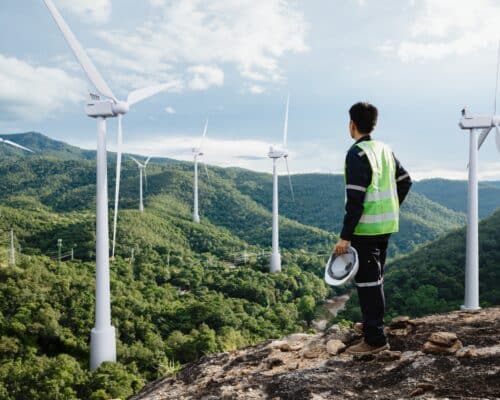
Op-Ed: Seizing Green Job Opportunities Through Climate Policy and Education Transformation
Since the Paris Agreement at COP 21, the World Economic Forum stated that the increasing number of green jobs has not been followed by increased human resource capacity that can keep up with emerging new jobs in the green sector. With Indonesia's upcoming elections set to take place in 2024, will politicians try to win the votes of young voters with a more robust framework for green jobs?
Most Popular
Most Popular
Categories
-
10
-
34
-
126
-
4
-
17
-
46
-
52
-
11
-
10
-
15
-
24
-
6
-
1
-
5
-
6
-
282
-
200
-
17
-
24
-
1
-
1
-
23
-
41
-
44
-
88
-
18
-
86
-
41
-
17
-
11
-
43
-
54
-
86
-
299
-
22
-
44
-
36
-
10
-
42
-
36
